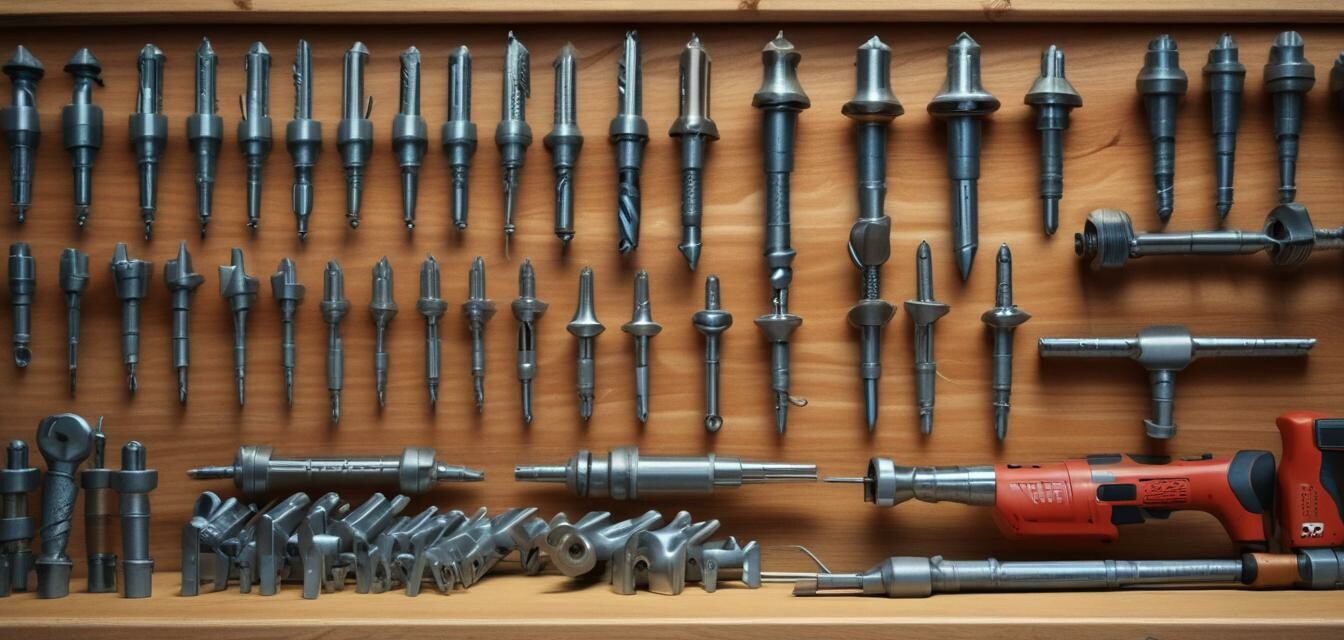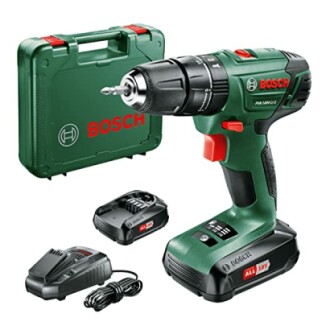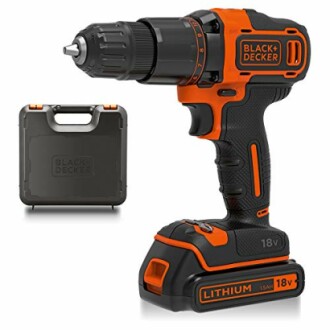
How to Use a Power Drill for Wall Anchors
Key Takeaways
- Choosing the right drill and anchor type is crucial for sturdy installation.
- Measure and mark your drill points accurately to ensure proper placement.
- Utilizing the correct drill bits and settings improves precision and effectiveness.
- Always follow safety precautions while using power tools.
Installing wall anchors can enhance the strength of fixtures on your walls, from shelves to heavy frames. In this guide, we'll walk you through the steps on how to use a power drill effectively for this task. Proper technique will ensure that your installations are secure and long-lasting. Let's dive into the details!
Understanding Wall Anchors
Wall anchors are essential in providing additional support for hanging items on drywall, plaster, or concrete. They effectively distribute weight, preventing wall damage and ensuring that your fixtures maintain stability.
- Expansion Anchors: Best for drywall, these expand as the screw is driven in.
- Toggle Bolts: Ideal for heavier items, they spread the load behind the wall.
- Plastic Inserts: Suitable for lightweight items like frames.
Tools and Materials Needed
Before we get started, ensure you have the following tools and materials ready:
- Power Drill
- Drill Bits (appropriate for the anchor type)
- Wall Anchors (specific to your needs)
- Measuring Tape
- Pencil or Marker
- Level (optional but helpful)
- Safety Goggles
- Dust Mask
Step-by-Step Guide to Installing Wall Anchors
- Choose the Right Anchor: Select wall anchors appropriate for your wall type and the weight of the items you plan to hang.
- Measure and Mark: Use a measuring tape to determine where to place your anchors. Mark the point with a pencil or marker.
- Select the Right Drill Bit: Match your drill bit to the size of your wall anchor. Most packages provide a recommendation. For example, if using the Bosch Home and Garden Cordless Combi Drill PSB 1800 LI-2, ensure you have the right bit.
- Safety First: Put on safety goggles and a dust mask to protect yourself during drilling.
- Drill the Hole: Hold the power drill perpendicular to the wall and start drilling at low speed. Increase to a higher speed until the anchor's depth is reached.
- Insert the Anchor: Gently tap the anchor into the drilled hole until it's flush with the wall.
- Attach the Fixture: Finally, screw in the fixture to the anchor. Ensure it is secure before hanging anything on it.
Common Mistakes to Avoid
| Mistake | Solution |
|---|---|
| Using the wrong drill bit size | Always check the anchor specifications for the right bit size. |
| Drilling too fast | Start slow to control the drill's direction, then increase speed. |
| Ignoring stud placement | Know your wall structure to avoid hitting studs. Use a stud finder if necessary. |
| Not cleaning the hole | Remove dust and debris from the hole to ensure proper anchor seating. |
Recommended Products
Here are two of the best cordless drills that make the anchoring process easier:
Bosch Home and Garden Cordless Combi Drill PSB 1800 LI-2
This versatile drill is designed for power and comfort in drilling and screwdriving operations, making it an excellent tool for installing wall anchors.
Learn MoreBLACK+DECKER 18 V Cordless 2-Gear Combi Hammer Drill
This compact drill with variable speed settings is perfect for all types of drilling and screwdriving, ensuring you get the job done efficiently.
Learn MoreSafety Tips
Always take safety precautions when using a power drill:
- Keep your workspace tidy to prevent trips and falls.
- Ensure the drill is turned off before changing bits.
- Use drill stops if you are drilling into fragile materials.
- Be aware of your surroundings, especially with overhead drilling.
Conclusion
With the right tools and techniques, installing wall anchors can be a straightforward task. By following these steps and utilizing effective power drills like the Bosch Home and Garden Cordless Combi Drill PSB 1800 LI-2 or the BLACK+DECKER 18 V Cordless 2-Gear Combi Hammer Drill, you'll be well on your way to enhancing your home with securely mounted items. Happy drilling!


